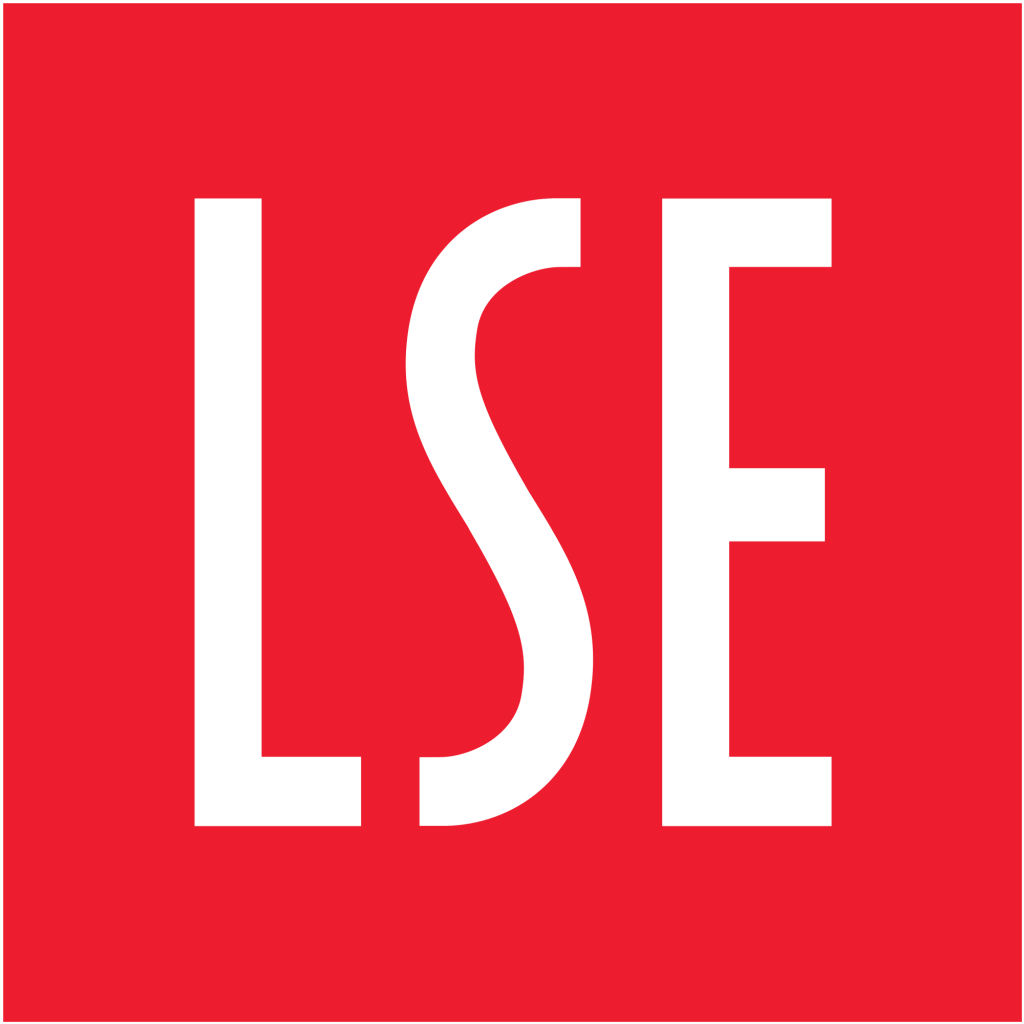Every year, LSE students wait in long queues to reach the J.P Morgan smoothie bar. You may think they stand in the rain for an hour to network and enhance their career prospects. However, there may be other behavioural phenomena at play. Have you heard of the zero price effect otherwise known as the “power of free”?
Dan Ariely provides evidence for this behavioural concept. In his experiment, he offered two kinds of chocolate: Lindt truffles for 15p and Hershey’s Kisses for 1p. What happened? Approximately, 73% of the people chose the Lindt chocolate, while 27% chose the Hershey’s. How would “free” change the outcome? He repeated the experiment and reduced the prices of both chocolates by 1p.The Lindt was now offered for 14p while the Hershey’s for free. What happened? 69% of people chose the Hershey’s chocolate. According to standard economic theory, the price reduction should not have led to a change in behaviour, but in real life it does. Dan Ariely states that “zero is an emotional hot button – a source of irrational excitement” (Ariely, 2008). It’s clear that things become very appealing once they become free.
I recreated this experiment using an audience of scholars and researchers at the “Piecing Together a Paradigm” conference. It was organised by the Young Scholars Initiative (YSI) of the Institute for New Economic Thinking (INET) at the Central European University in Budapest from October 19-22, 2016.
The conference brought together over 15 YSI working groups, 40 experts, academics and policymakers, and over 450 conference attendees. The YSI community has diverse working groups each with their own research agenda and projects aligned by topical and regional interest. Working groups include:
- Ecology and Economics
- Economic History
- Financial Stability
- Gender Economics
- Philosophy of Economics among others.
The aim of the conference was to create a space for the working groups to meet and understand how specific questions fit together as a whole in offering new approaches to economic thinking.
During my presentation for the coordinator of the Neuroscience and Behavioural Economics Working Group, I ran some experiments on my unsuspecting audience, and introduced various initiatives that the working group would focus on in the future. After the presentation, we discussed the contribution our working group could make to the rapidly growing field of behavioural science and the ways it could be applied by academia, the private and public sectors.

George Soros, an LSE alumnus was the guest speaker at the conference. He is a founder of the Central European University where the conference was held as well as a founder of the Institute for New Economic Thinking. During his talk, Mr. Soros discussed his philosophy towards his work, the migration crisis, the future of open societies and the prospects of a unified Europe. Amongst the other speakers, a professor shared his experiences about his decade’s worth of experiments to challenge prospect theory developed by Daniel Kahneman and Amos Tversky, which had a major influence in the development of the field of behavioral economics.
My reflections
Overall, the conference was a place of exchanging and challenging ideas. A space I entered thanks to the tools and specific knowledge I built during my time at the LSE. Since beginning my studies on the Master of Public Administration programme, I have learned new theories, models and ways of thinking, but at the same time, I have learned to challenge these very same theories, models and ways of thinking to create my own. This was my role at the conference: to introduce people to one idea of how to approach economic thinking and to invite their challenges.
This blog post was written by Lusine Mehrabyan, a second year MPA student.




